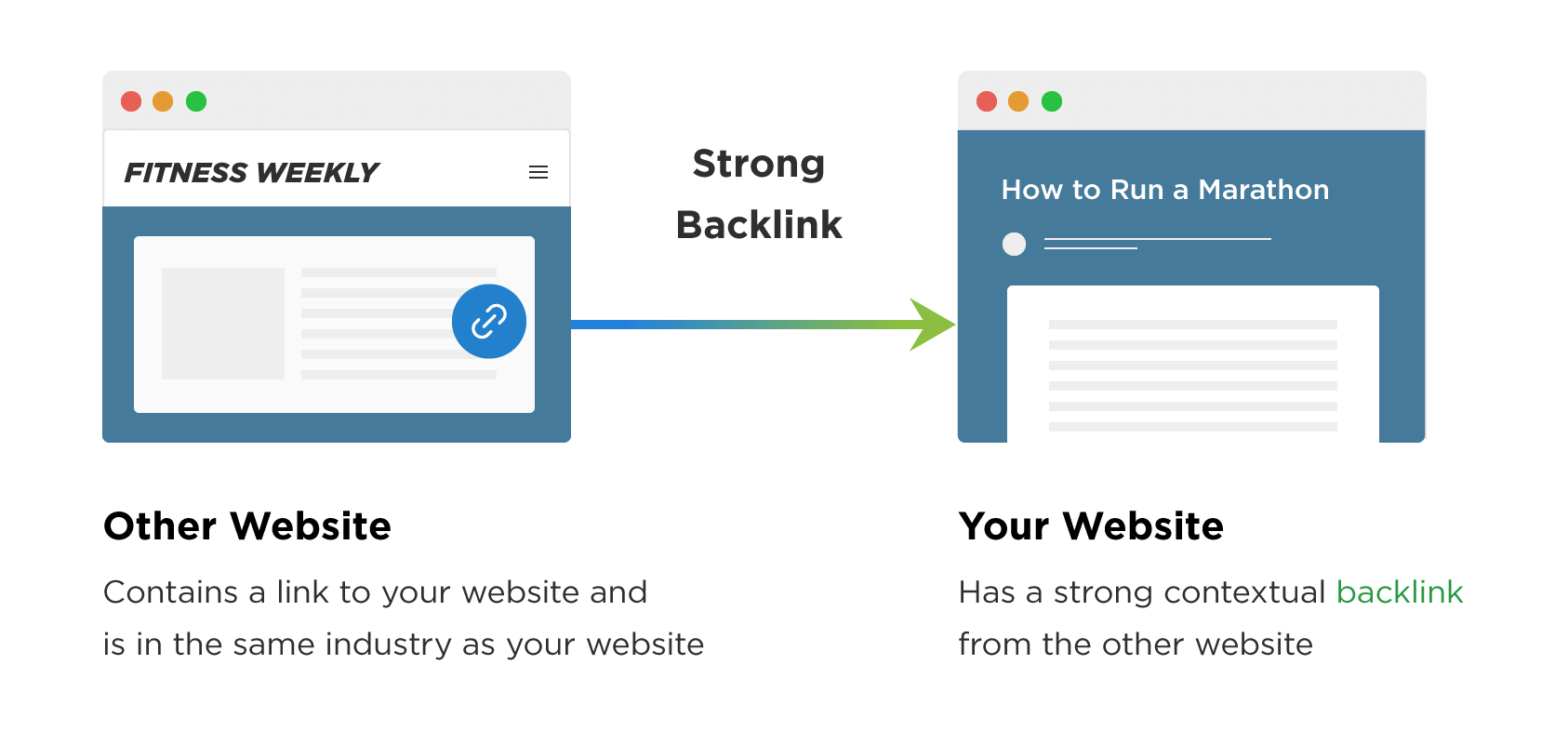Are You Finding it Hard To Perform Keyword Research for Your Blog Contents? – Read This
Finding Hard To Perform Keyword Research?
I understand how you feel like a newbie performing keyword research to come up with that juicy keyword to write about.
I was once in this shoe when I was a juvenile years ago. Precisely speaking, performing keyword research is time-consuming and demanding. In fact, it’s more time-consuming than writing a CONTENT.
But hey, there’s this Igbo adage that says, whatever that doesn’t seem to have a solution, there’s always a solution for it.
Instead of you (as a newbie) burning out excessive time digging for that perfect keyword, Do this:
SPY ON YOUR COMPETITORS, AND MILK SOME KEYWORDS FROM THEIR RANKING KEYWORDS.
I know you’ll be like “a new website? Ranking for the big boy’s keywords? I must be joking.
Lol.
I never meant you should use their competitive keywords, but spy on their contents and draw out some LONG TAIL KEYWORDS, you can easily rank for. This is what I call CAPITALIZING ON YOUR COMPETITORS KEYWORDS.
For example: If a “big boy” blog writes about “Best student laptops”. Spying on his blog has already given you the “keyword knowledge” (best student laptops). That’s time-saving, isn’t it?
Now you have to brainstorm, or ask yourself, what other laptop-related-stuffs could students be searching for? If you’re smart enough, you will come up with ideas like: “best laptops for engineering students”, “best laptops for graphic designing students”, “Best laptops for programming students” or “best laptops for music production students” etc. These are just for example purposes.
If you could not come up with any ideas, you could easily use a “keyword research tool” like Unbersuggest (it’s not free, just 3 time-free daily trials) to further get more long-tail relating keywords by simply entering the keyword you saw on your competitor’s blog, it will reveal related long-tail keywords you can easily rank for.
What do you do next? YOU WRITE EXTENSIVELY ON THESE KEYWORDS. Make sure each paragraph answers users’ queries. This will help you a lot on search engines.
With this approach, you can see yourself coming up with keyword and content ideas more easily than researching for keywords which is very time-consuming.
But that’s not to say you shouldn’t do keyword research. I don’t need to tell you how important that is.
In your very spare time, also do well to research for rank-able keywords that can drive your traffic.
In Conclusion.
Spying on higher blogs in your niche saves you a huge amount of time, as you’ll not only learn from your forefathers (the big boys) but also draw out some keywords from their contents (which they forgot to address).
Keep spying on your competitors to capitalize on their loopholes (and not to plagiarize or copy and paste their content). That’s not going to help you one bit.
Remember, following your masters, keep you on a good track to also becoming a master.
Hope this helps someone?
How To Know When You Are Using Your Keywords Wrongly.
Sometimes what’s limiting you from ranking is an inappropriate way of using your researched keywords.
Adding an irrelevant keyword before your main keyword will slow down your ranking – This is tested and confirmed from my personal experience.
Especially using “How TO” before your keyword. Example: “How to do keyword research”.
For Pete’s sake, “How To” isn’t a keyword, therefore, shouldn’t come before your targeted keyword. It’s going to inhibit ranking. That also applies to leaving irrelevant keywords in your slug.
If you want to target “How to do keyword research”. You can use this long phrase in your content (or within the body of your article) but when it comes to choosing your targeted keyword. Cut off the “How-To” and “Do”, and end your targeted keyword with just “Keyword research”. Thus making your Url look like this “www.YourDomainName.Com/Keyword research/.
Why should you do this? This is to specify your targeted keyword to search engines. Anything related to “keyword research” will bring up your content on Google search (whether it’s directly related or not). — if only your blog has already built authority and is well established. If not, please stay put with low competitive keywords, but still, don’t allow any irrelevant words to come before your main keyword.
If your short tail keywords look like this “keyword research”, your long-tail keywords should look like “keyword research at home”, “keyword research with SemRush”, and “keyword research with SEO tools”.
Happy blogging.









